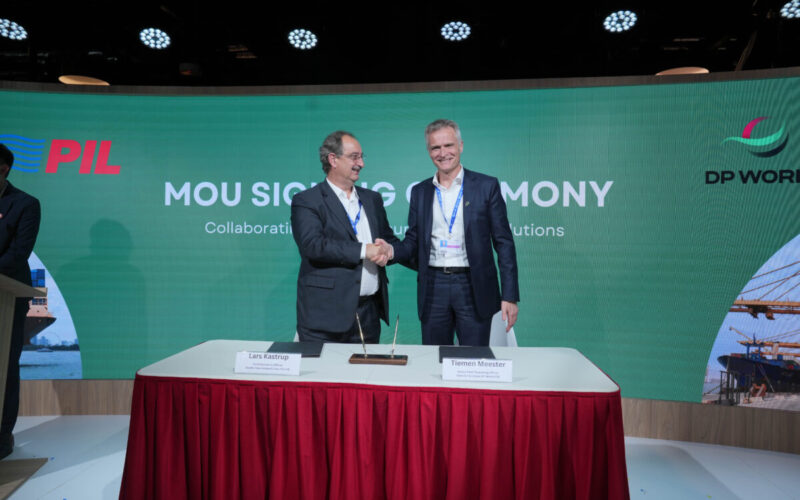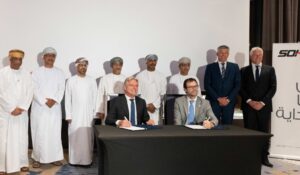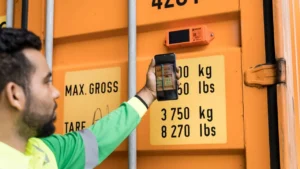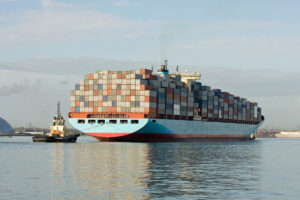Pacific International Lines (PIL) and DP World have signed a Memorandum of Understanding (MoU) to create green solutions to decarbonise global supply chains.
The MoU was signed at the UN Climate Change Conference (COP28) in Dubai, UAE, by Lars Kastrup, Chief Executive Officer, PIL, and Tiemen Meester, Group Chief Operating Officer, Ports & Terminals, DP World.
In the near future, both companies will work together on trial shipments between Dubai’s Jebel Ali Port and locations within PIL’s network, including attempts to lower the greenhouse gas (GHG) footprint of the shipments.
READ: DP World, IRENA agree on decarbonisation solutions
Shipments aboard PIL’s vessels powered by a biofuel blend, biofuel bunkering, and installing container handling equipment at ports powered by renewable energy will all be part of the plan.
In the long run, the firms will look at expanding this partnership to encompass other ports in DP World’s worldwide network, as well as employing other alternative fuels in PIL’s vessel operations and bunkering, such as e-LNG, green methanol, or green ammonia.
Lars Kastrup, Chief Executive Officer, PIL said: “Supply chain resilience and sustainability is the bedrock of global trade growth.
“With the renewed commitment by the International Maritime Organization (IMO) this year to take a significant step forward to decarbonise the shipping industry, we at PIL are responding actively to IMO’s call and working to invest in and implement green solutions to achieve our target of achieving net zero by 2050.
“In this regard, we are pleased to have DP World joining us on our sustainability journey. Capitalising on the combined strengths of our two organisations, we can both augment our sustainability efforts as we co-develop solutions to decarbonise our supply chains.”
READ: PSA Singapore, PIL strengthen sustainability partnership
Tiemen Meester, Group Chief Operating Officer, Ports & Terminals, DP World, stated: “Decarbonisation is the single biggest concern for DP World outside the constraints and the physical movement of goods.
“So, we are transforming our business and the impact global trade has on the climate. We have already committed to becoming carbon-neutral by 2040 and achieving net-zero carbon emissions by 2050.
“But we must explore partnerships with companies that share our ambitions and technology to be deployed right now for quicker results.”









